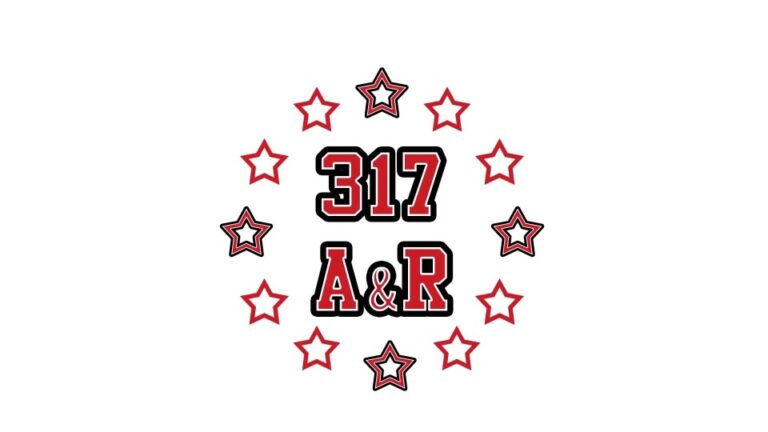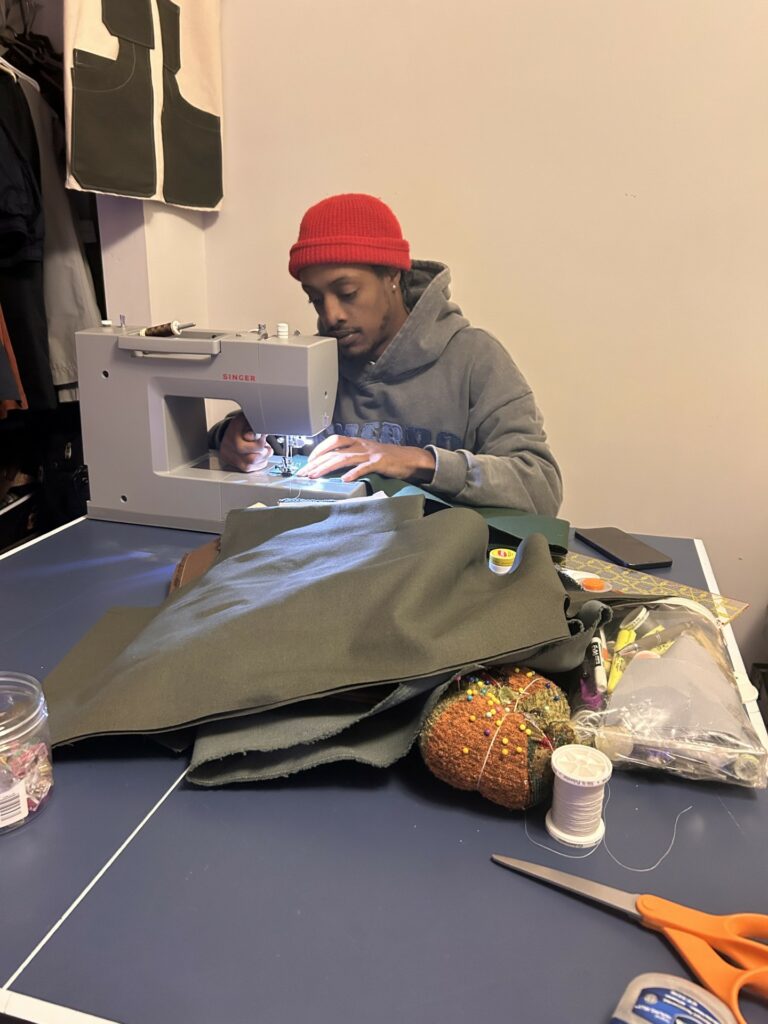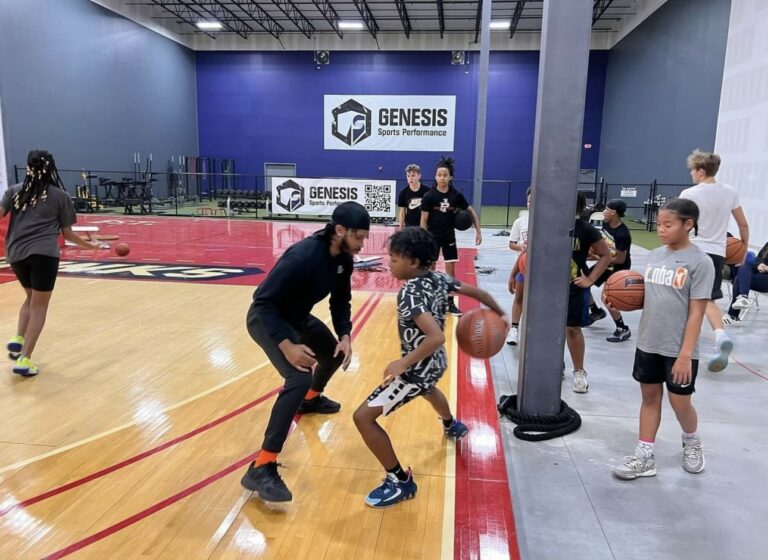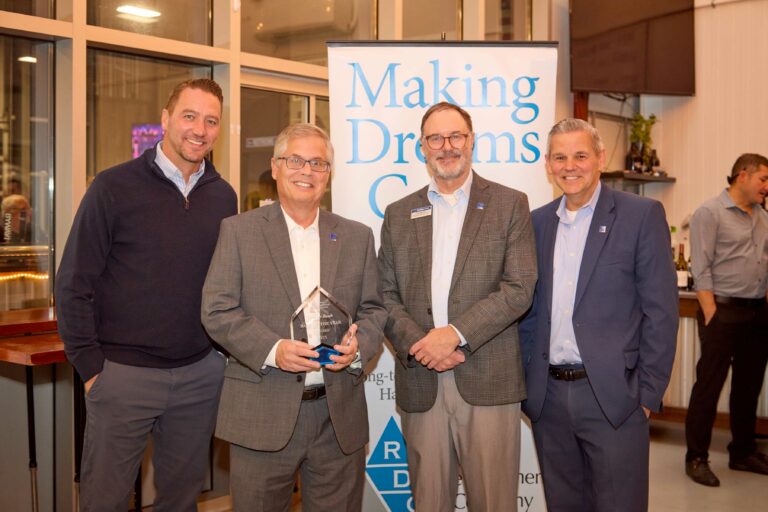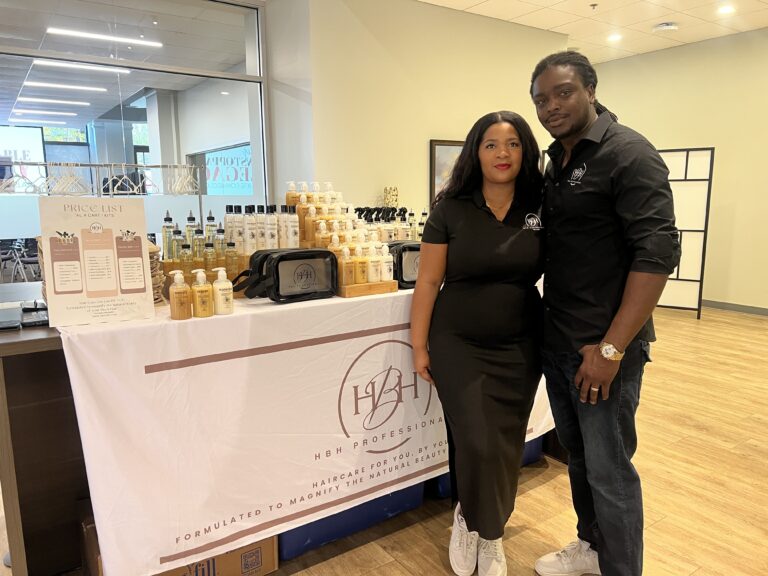By GARRETT SIMMS
317 A&R is a multimedia company that has created a profitable and successful online media business.
Created by Myles Simmons, 317 A&R is a YouTube channel featuring interviews with artists and content creators from Indiana who share their stories and show Indianapolis’ Black culture.
“We have the whole world in front of us on these screens, so that’s the point of everything, to give Indianapolis culture a spotlight so they have another platform to express themselves,” Simmons said.
After two years of building 317 A&R, Simmons has amassed over 180,000 views, and, most importantly, has cultivated relationships with many artists.
The support Simmons has received proved there was an audience for a platform showcasing Indianapolis artists; someone just needed to create it.
Indianapolis native and artist Keagen Ferguson, also known as “Kferg500,” believes artists in the Midwest and Indianapolis don’t normally get much media coverage which can directly affect how successful new artists are in growing and keeping a loyal fanbase.
“He provides a trusted platform. People know what to expect when you come to 317 A&R, you’re not gonna find anything bad on there, and to artists it kind of means you’ve made it to a mastery of some sort through your career, whether it’s flow, cadence, lyrics or style. That nod from 317 A&R means you doing good; keep going,” Ferguson said.
To watch and find new Indianapolis artists, subscribe to @317 A&R on Youtube and follow _317ar on Instagram.
This minority business highlight was composed by Garrett Simms at the Indianapolis Recorder, who can be reached at [317-762-7847] or via email at [garretts@indyrecorder.com]. If you would like your business highlighted in the Indianapolis Minority Business Magazine, click here!

